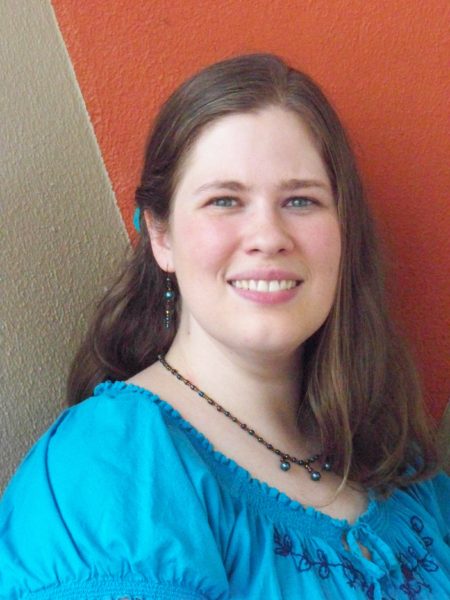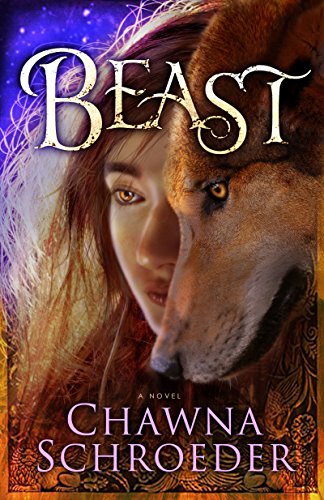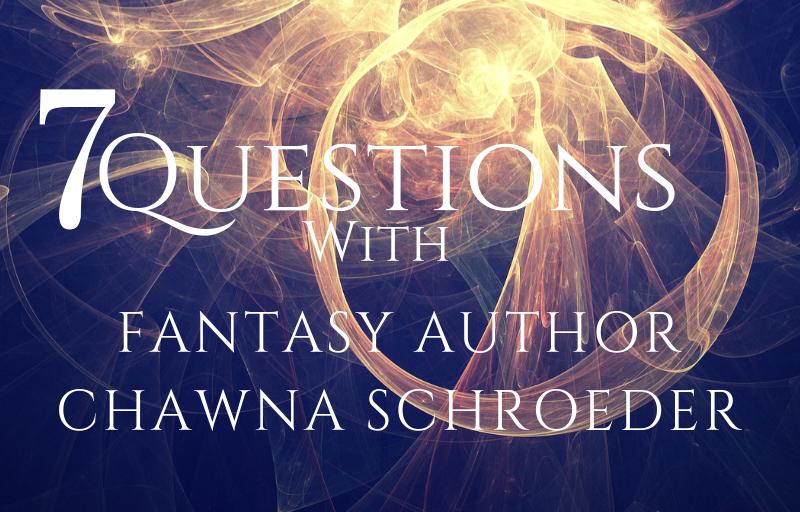Today we are excited to have fantasy author Chawna Schroeder with us! Chawna loves stretching both the imagination and faith through her novels. Living in Minnesota, she dreams of far-off places, daring swordfights, magic spells, and princes in disguise. When she isn’t committing her dreams to paper, you can find her studying the biblical languages, working with fiber, or teaching about the importance of discernment. Beast is her debut novel.
Welcome, Chawna!

1) What is your favorite part of speculative fiction?
The freedom to explore the vastness of God and the logical outcome of my faith. The genre’s otherworldliness allows me to see God with fresh eyes and in a different light than my everyday world permits. Speculative fiction also often deals with the extremes of life, which makes it the perfect testing ground to see if what I believe will hold true not only at Point A, but also clear out at Point Z.
2) Everyone seems to have a “how I got published” story. What is yours?
My first published novel, Beast, was a book of “the supernatural direction of things natural,” as theologian Alfred Edersheim would put it, which resulted in a convoluted path of twists and turns that would take an entire post to retell. But here’s the short version:
After writing toward publication for about eight years, I submitted Beast to ACFW’s Genesis competition on a whim. I was still early in the book and feeling very insecure about the story. So I was just looking for some feedback. To my shock, it won.
Excited by this encouragement of my writing, I soon started submitting Beast to editors and agents. After all, many winners of the Genesis had agents and contracts within a year of their wins. Instead, I received only rejections for Beast. I filed the story away.
Then six years later, one of those judges for the Genesis bought a publishing press and renamed it Enclave. I approached him at a conference and asked him if he would still be interested in the story. He said yes. I sent the manuscript in.
And received a rejection the following November.
Only to get another e-mail in May saying the full manuscript was under review!
Yeah, confusing. But by the following November, I was signing my first contract with the very same press who had rejected the identical manuscript one year earlier, and Beast was released the next year.
(The longer version of this story can be found at http://chawnaschroeder.blogspot.com/2016/10/beast-story-behind-story.html)

3) What were some of the challenges for you writing your book?
Beast carried a number of challenges, but perhaps one of the most difficult was hitting the right balance with the allegorical elements. Strictly speaking, Beast is not an allegory, although it is often classified that way. In an allegory everything stands for or means something. This is not the case with Beast. Rather, the story contains an extended metaphor that is intended to point to a deeper spiritual meaning, like a parable. As a result, several elements were allegorical, in that they were to point to something more, while at the same time not everything carried some special significance.
So it was tricky to make clear what alluded to those deeper meanings and what did not without becoming preachy or without giving the wrong impression. An example of this was using the character of Majesty to point back to God without leaving the wrong impression about God’s character.
4) What provides inspiration for your writing?
Other books (especially classic children’s literature), poignantly emotional scenes from film, museums of all sorts (historical, science, art, living history, children’s, etc.), weird science articles (I have whole file of them on my computer), theological discussions, a variety of music, new experiences, studying Scripture—basically anything that stirs my emotions, stretches my mind, or tickles my whimsy.
5) What is the last book you read?
The Cost of Betrayal, a romantic suspense novella collection by Dee Henderson, Dani Pettrey & Lynette Eason. I’m also in the midst of re-reading Horse and His Boy by C.S. Lewis with my 9-year-old niece.
6) What is your favorite part about writing?
Any part—as long it’s a “good” writing day. In other words, I find pleasure in all the different stages. Brainstorming can be a magical time of possibilities, where anything can happen and nothing is yet set in stone. The first draft writing can be a thrilling adventure of discovery as ideas take a concrete form and surprises can await around any corner. Editing can be a sweet and satisfying accomplishment when all the plot pieces lock together, the characters act believably, a deep emotion is pulled to the surface, or I find that perfect phrase that eluded me earlier.
Of course, the caveat is that it must be a good writing day. On the flip side, a bad day can make me hate it all—brainstorming, first draft, editing—and wonder why I ever thought this was fun. 🙂
7) How do you come up with your story ideas?
As laughable and clichéd as it may sound, dreams at night provide me a large percentage of my ideas. Apparently when I sleep, my brain takes that as permission to go wild and spin crazy scenarios, rollicking adventures, and emotional roller coasters. Most of the time the result is just plain bizarre, but every so often an intriguing premise pops up. Then since I usually wake up before the story is finished, I end up playing with the idea on paper to find out what happened!
***
Thank you, Chawna, for joining us today! Here is where you can find her online:
Website: www.chawnaschroeder.com
Blog: www.chawnaschroeder.blogspot.com
Facebook: @ChawnaSchroederAuthor


